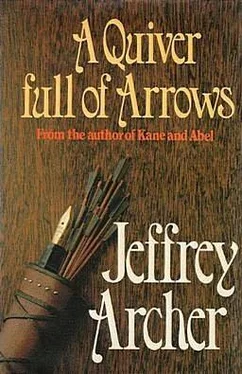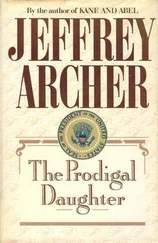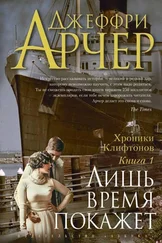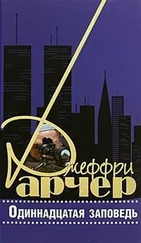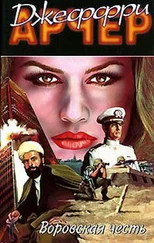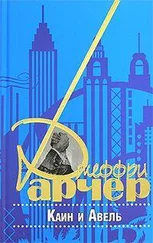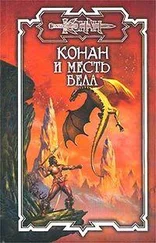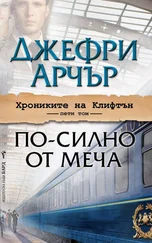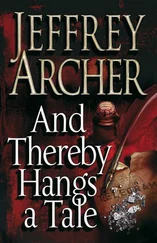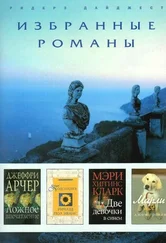After dinner, which despite my efforts to eat slowly and hold him in conversation, did not take up much time, the old man made some coffee, which tasted bitter, and then filled a pipe before we continued our discussion. We talked of A. L. Rowse and his views on Shakespeare and then he turned to politics.
“Is it true,” the professor asked, “that England will soon have a Labor government?”
“The opinion polls seem to indicate as much,” I said.
“I suppose the British feel that Sir Alec Douglas-Home is not swinging enough for the sixties,” said the professor, now puffing vigorously away at his pipe. He paused and looked up at me through the smoke. “I did not offer you a pipe, because I assumed after your premature exit in the first round of the competition you would not be smoking.” I smiled. “But Sir Alec,” he continued, “is a man with long experience in politics and it’s no bad thing for a country to be governed by an experienced gentleman.”
I would have laughed out loud had the same opinion been expressed by my own tutor.
“And what of the Labor leader?” I said, forbearing to mention his name.
“Molded in the white heat of a technological revolution,” he replied. “I am not so certain. I liked Gaitskell, an intelligent and shrewd man. An untimely death. Attlee, like Sir Alec, was a gentleman. But as for Mr. Wilson, I suspect that history will test his mettle — a pun which I had not intended — in that white heat and only then will we discover the truth.”
I could think of no reply.
“I was considering last night after we parted,” the old man continued, “the effect that Suez must have had on a nation which only ten years before had won a world war. The Americans should have backed you. Now we read in retrospect, always the historian’s privilege, that at the time Prime Minister Eden was tired and ill. The truth was he didn’t receive the support from his closest allies when he most needed it.”
“Perhaps we should have supported you in 1956.”
“No, no, it was too late then for the West to shoulder Hungary’s problems. Churchill understood that in 1945. He wanted to advance beyond Berlin and to free all the nations that bordered Russia. But the West had had a bellyful of war by then and left Stalin to take advantage of that apathy. When Churchill coined the phrase ‘the Iron Curtain,’ he foresaw exactly what was going to happen in the East. Amazing to think that when that great man said ‘if the British Empire should last a thousand years,’ it was in fact destined to survive for only twenty-five. How I wish he had still been around the corridors of power in 1956.”
“Did the revolution greatly affect your life?”
“I do not complain. It is a privilege to be the Professor of English in a great university. They do not interfere with me in my department and Shakespeare is not yet considered subversive literature.” He paused and took a luxuriant puff at his pipe. “And what will you do, young man, when you leave the university — as you have shown us that you cannot hope to make a living as a runner?”
“I want to be a writer.”
“Then travel, travel, travel,” he said. “You cannot hope to learn everything from books. You must see the world for yourself if you ever hope to paint a picture for others.”
I looked up at the old clock on his mantelpiece only to realize how quickly the time had passed.
“I must leave you, I’m afraid; they expect us all to be back in the hotel by ten.”
“Of course,” he said, smiling, “the English public school mentality. I will accompany you to Kossuth Square and then you will be able to see your hotel on the hill.”
As we left the flat, I noticed that he didn’t bother to lock the door. Life had left him little to lose. He led me quickly through the myriad of narrow roads that I had found so impossible to navigate earlier in the evening, chatting about this building and that, an endless fund of knowledge about his own country as well as mine. When we reached Kossuth Square he took my hand and held it, as lonely people often will, reluctant to let go.
“Thank you for allowing an old man to indulge himself by chattering on about his favorite subject.”
“Thank you for your hospitality,” I said, “and when you are next in Somerset you must come to Lympsham and meet my family.”
“Lympsham? I cannot place it,” he said, looking worried.
“I’m not surprised. The village has a population of only twenty-two.”
“Enough for two cricket teams,” remarked the professor. “A game, I confess, with which I have never come to grips.”
“Don’t worry,” I said, “neither have half the English.”
“Ah, but I should like to. What is a gully, a no-ball, a night watchman? The terms have often intrigued me.”
“Then remember to get in touch when you’re next in England and I’ll take you to Lord’s and see if I can teach you something.”
“How kind,” he said, and then he hesitated before adding: “But I don’t think we shall meet again.”
“Why not?” I asked.
“Well, you see, I have never been outside Hungary in my whole life. When I was young I couldn’t afford to, and now I don’t imagine that those in authority would allow me to see your beloved England.”
He released my hand, turned and shuffled back into the shadows of the side streets of Budapest.
I read his obituary in The Times once again as well as the headlines about Afghanistan and its effect on the Moscow Olympics.
He was right. We never met again.
Some people, it is said, fall in love at first sight, but that was not what happened to William Hatchard and Philippa Jameson. They hated each other from the moment they met. This mutual loathing commenced at the first tutorial of their freshman terms. Both had come up in the early thirties with major scholarships to read English language and literature, William to Merton, Philippa to Somerville. Each had been reliably assured by their schoolteachers that they would be the star pupil of their year.
Their tutor, Simon Jakes of New College, was both bemused and amused by the ferocious competition that so quickly developed between his two brightest pupils, and he used their enmity skillfully to bring out the best in both of them without ever allowing either to indulge in outright abuse. Philippa, an attractive, slim redhead with a rather high-pitched voice, was the same height as William, so she conducted as many of her arguments as possible standing in newly acquired high-heeled shoes, while William, whose deep voice had an air of authority, would always try to expound his opinions from a sitting position. The more intense their rivalry became, the harder the one tried to outdo the other. By the end of their first year they were far ahead of their contemporaries while remaining neck and neck with each other. Simon Jakes told the Merton Professor of Anglo-Saxon Studies that he had never had a brighter pair up in the same year and that it wouldn’t be long before they were holding their own with him.
During the long vacation both worked to a grueling time-table, always imagining the other would be doing a little more. They stripped bare Blake, Wordsworth, Coleridge, Shelley, Byron, and only went to bed with Keats. When they returned for the second year, they found that absence had made the heart grow even more hostile; and when they were both awarded alpha plus for their essays on Beowulf , it didn’t help. Simon Jakes remarked at New College high table one night that if Philippa Jameson had been born a boy some of his tutorials would undoubtedly have ended in blows.
“Why don’t you separate them?” asked the Dean, sleepily.
“What, and double my work-load?” said Jakes. “They teach each other most of the time: I merely act as referee.”
Читать дальше
